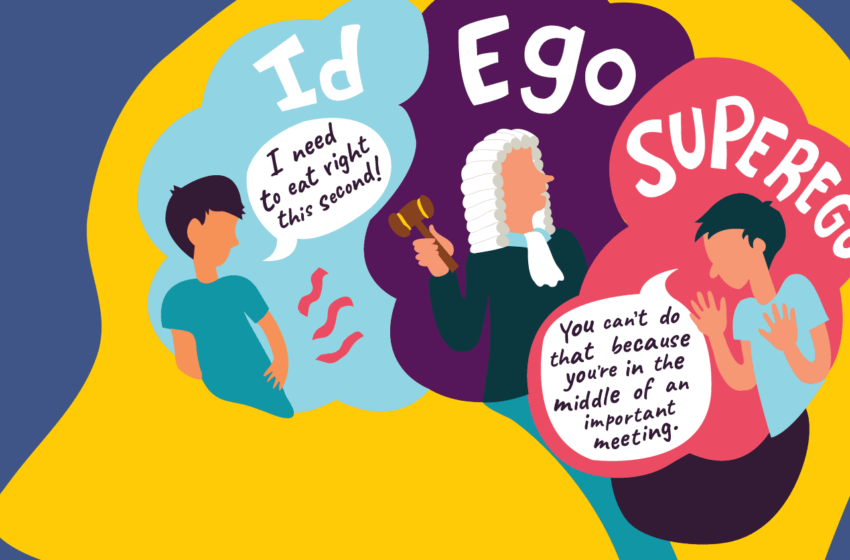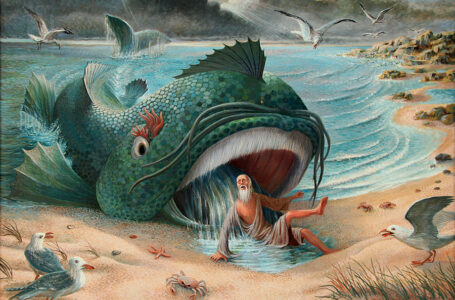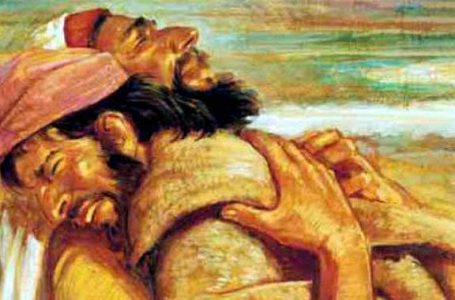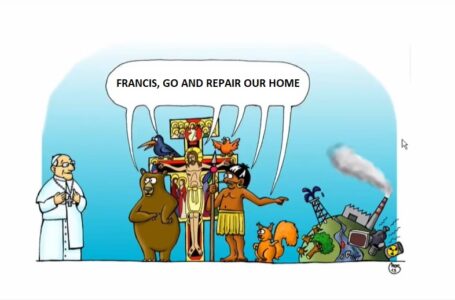Id Ego and Superego Compared to the Three Characters in the Prodigal Son

This article gives an example of Freud’s Id, Ego and Superego, comparing them to the three main characters found in the gospel parable – the prodigal son.
“Be perfect therefore as your Father is perfect” (Mt 5;48) This verse has always confused me. Surely the expectation is a little (or very) unrealistic? It is no secret that humans tend towards selfishness. We are hard-wired to survive in a habitat that is not always friendly like all creatures in the animal kingdom so we are very focused on our own well-being. I believe that even altruistic people are motivated by what gives them satisfaction and that is neither a bad thing nor a good thing. It’s just the way we are.
The pleasure seeker and the respectable citizen
Some find satisfaction in the pursuit of personal pleasure. These people crave instant gratification and do not bother who they hurt in order to achieve it. These are the hedonistic libertines of our society. The more they have the more they want. On the extreme opposite pole there are those who are satisfied by obeying rules and being respectable citizens. These tend to be rigid and judgemental. These are the bigoted, perpetually resentful members of our society. These persons are still driven by what gives them satisfaction so they are also self-centered.
Id and Superego, the two brothers, found in every person
In Freud’s theory of the personality, these two opposing forces are found in every person. The self gratifying part of us is called the Id and it is always in conflict with the Superego that is the rule respecting, rigid version of us. If there is an imbalance between them one aspect will become dominant and the person in question will either become a libertine or a bigot. In the Parable of the Prodigal Son these two forces within us are vividly represented by the prodigal, debauched son and his prim, judgemental, obnoxious brother. These two brothers are both found within us.

Father Ego
According to Freud, there is then a third aspect of the human personality. It is the Ego (not to be confused with the common use of the word with its negative connotations related to pride). The Ego is the third part of the human personality which mediates between the Id and the Superego and incorporates them in a healthy way. The Ego allows the creative, questing force of the Id to flow but channels it through good sense and reason so that the individual’s safety and the rights of society are respected.
The mediator between the two brothers in the aforementioned parable is the Father. He is always in control. He is the perfect balance between tenderness and assertiveness. His motivation is not selfishness. He is driven by love. This is a detailed portrait of God the Father by the Man who knows Him best. It is what Jesus is proposing as a model when He tells us to be perfect like the Father.
Reconciling Id and Superego through Love
It is also a portrait of a healthy, human psyche which has a strong enough Ego that the conflict between the Superego and the Id, though ever ongoing, is mediated. The mediating factor is love. The love of God (see Pope Benedict’s letter God is Love, Part 1, Par 10) incorporates both the possessive, burning love called Eros which corresponds to the Id, and the dutiful, virtuous love called Philia which we may see as corresponding to the Superego. God seamlessly unifies these different forms of love through Agape which is divine, unconditional love. As the human being is led deeper into a reality of unity with God, his human limitations become transcended by the divine nature that he has inherited through the paschal mystery, saving the person from becoming either destructive (too ‘passionate’ that one destroys the other) or without life (only governed by duty). As a result He gradually incorporates the human aspects of love previously governed by the Id and the Superego into a new reality transcended by Agape . This results in a healthier, holistic personality and the true fulfilment of human yearnings.

Read more from Nuntia:
– Prayer: The Fear Of Abandonment
– A Slow, Genuine, Spiritual Conversion Experience
– “I Faced My Fear” – Facing The Fear Of Rejection















1 Comment
Years ago I had also noticed the similarity between this parable and Freud’s Ego theory. I searched online & found this page. I had a weak ego for a long time without realizing it. The id & superego were like two kids in the back seat, telling me where & how to drive. I would choose one or the other, not making much progress forward. Sometimes it seemed one or the other had control of the wheel altogether. In my case, the superego focused its anger against the self instead of others. It caused loads of guilt and even sabotaged the self to where I was only marginally successful in life. I began to see that the id & superego were emotion-based, and the ego was more rational. (The heart vs. the head.) The more I could focus on being grateful to God for loving & forgiving me, the more the ego became connected to God, and the id & superego felt this love & then respected the ego, and stayed in their proper places, serving as reminders instead of controllers. Thank you for your insight. Not many people are willing to see the usefulness of both ego theory and the lost son parable.